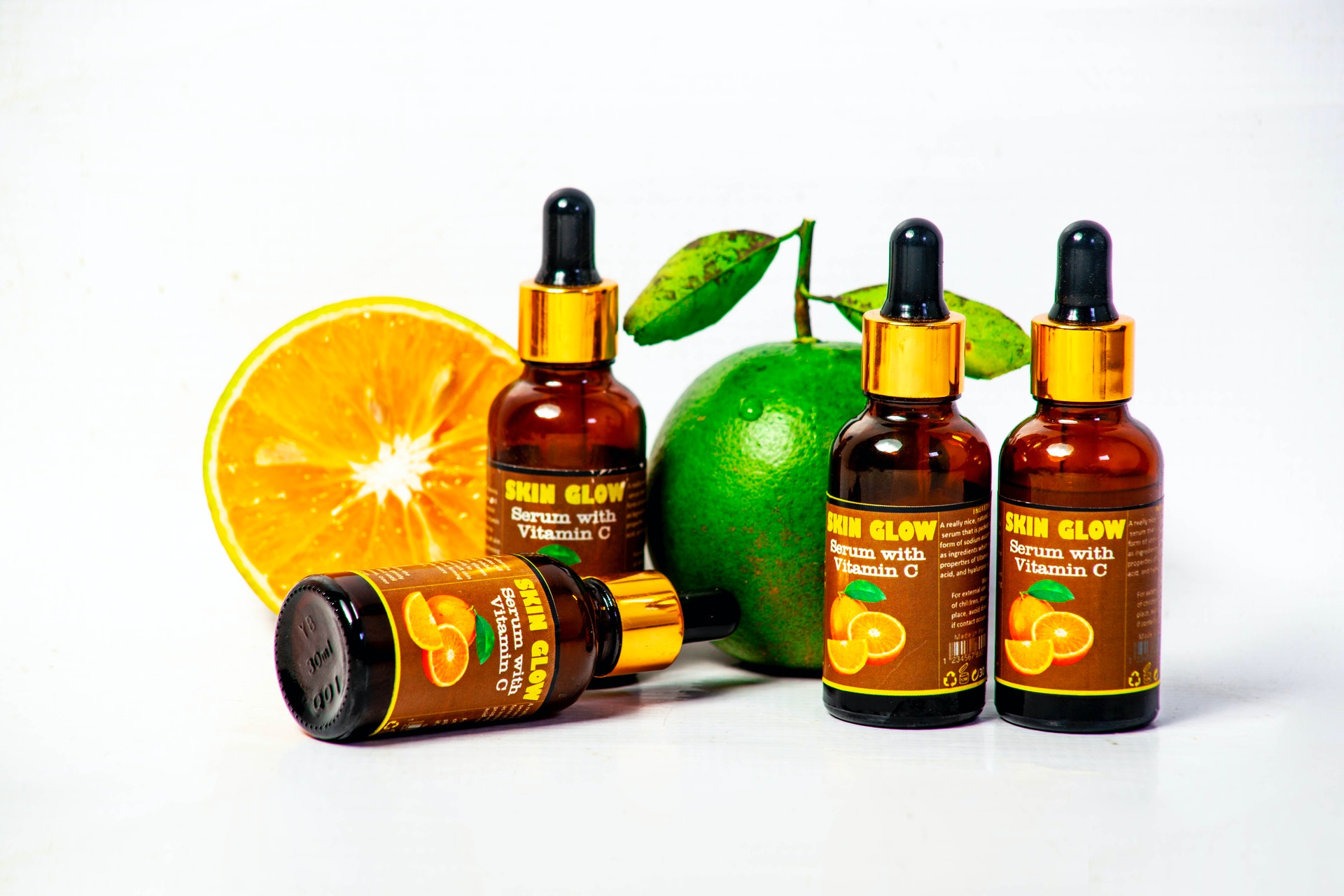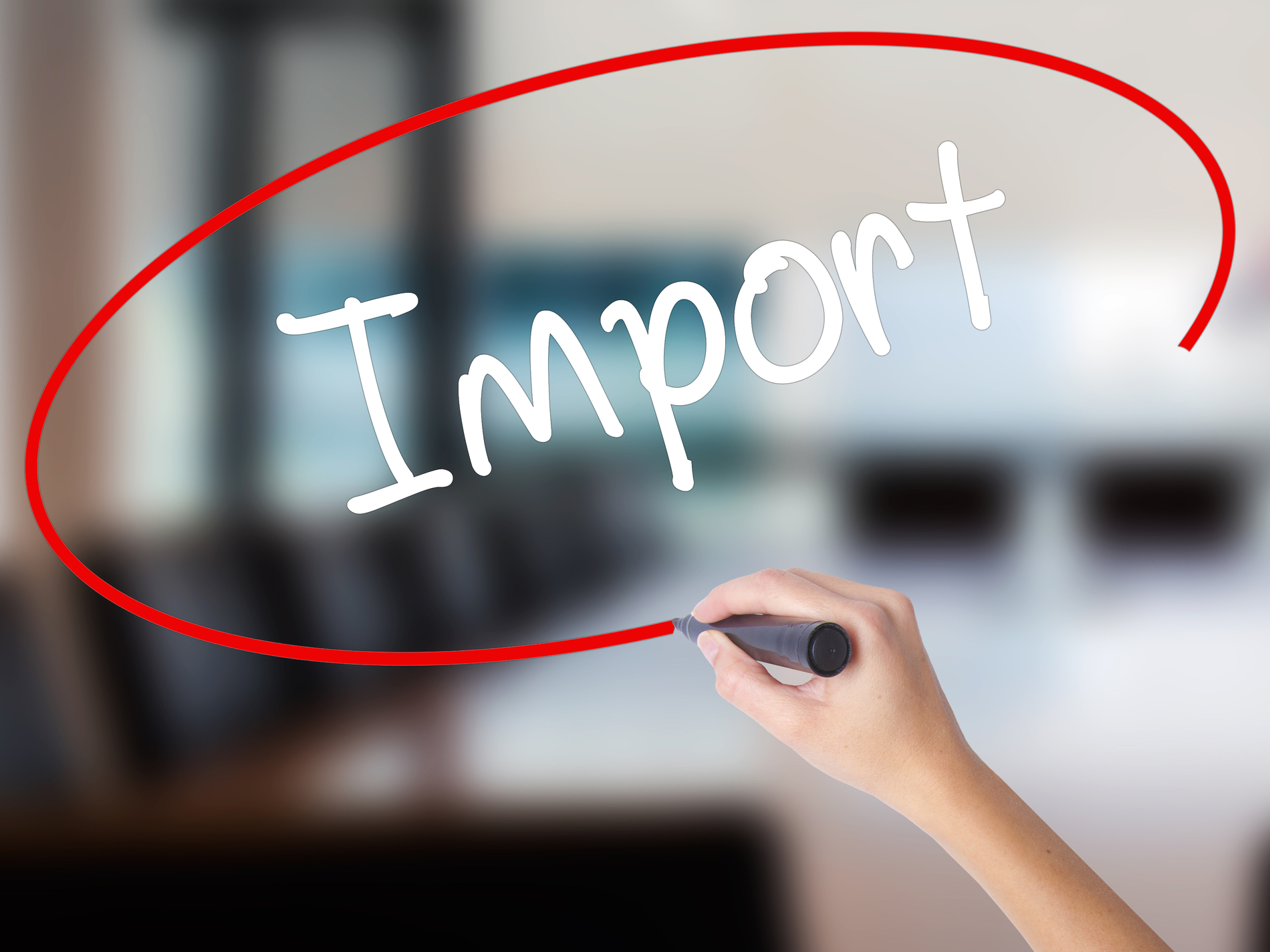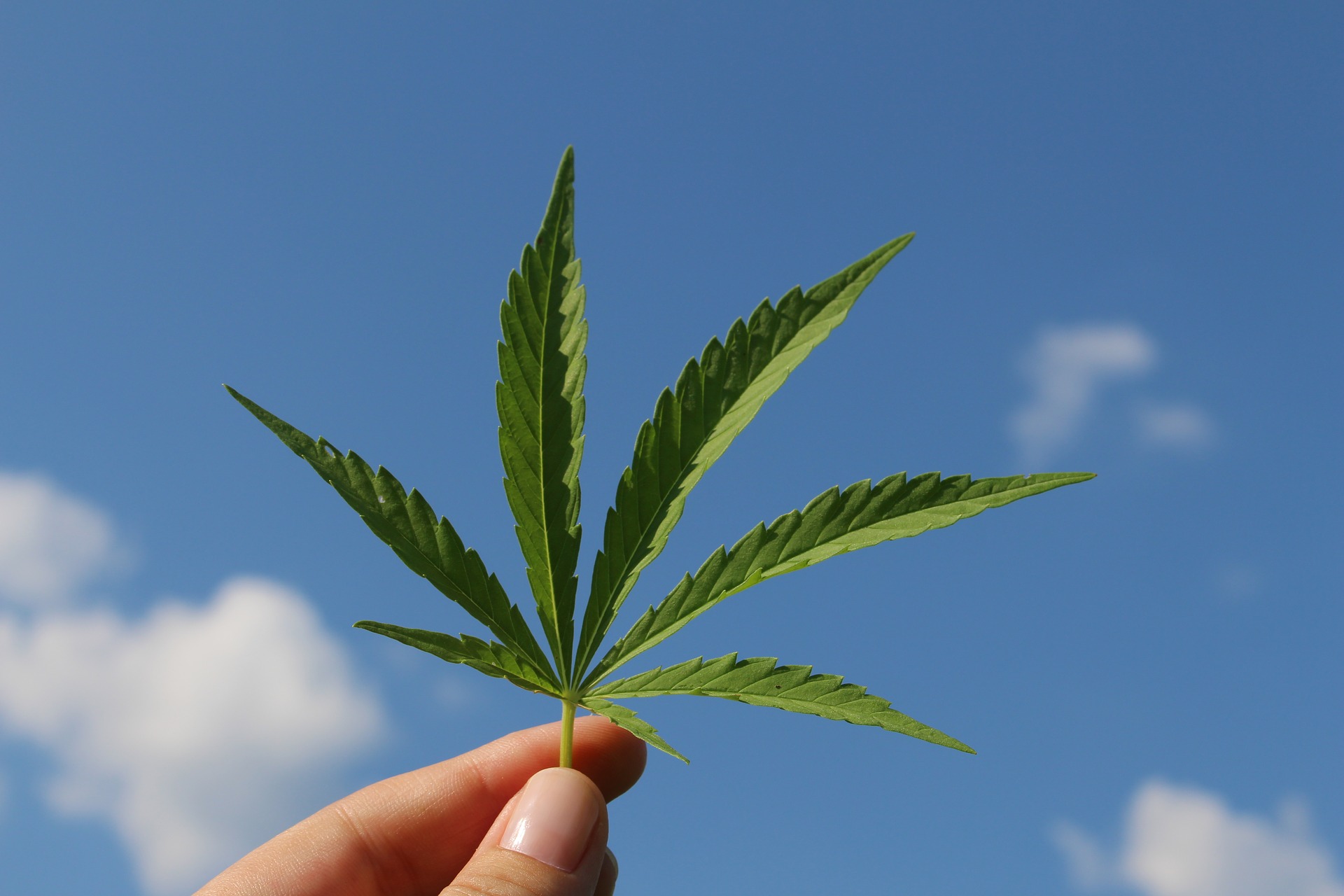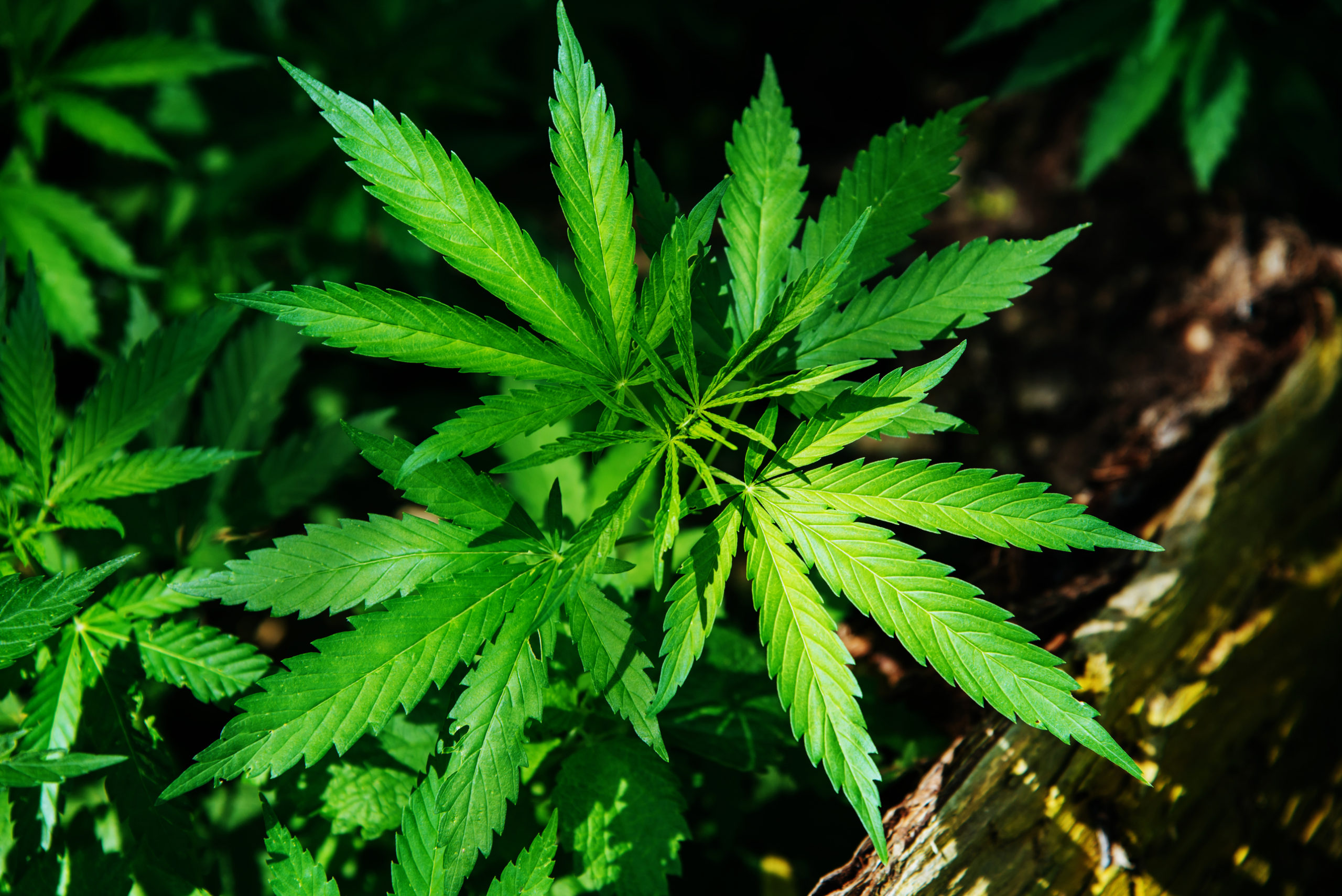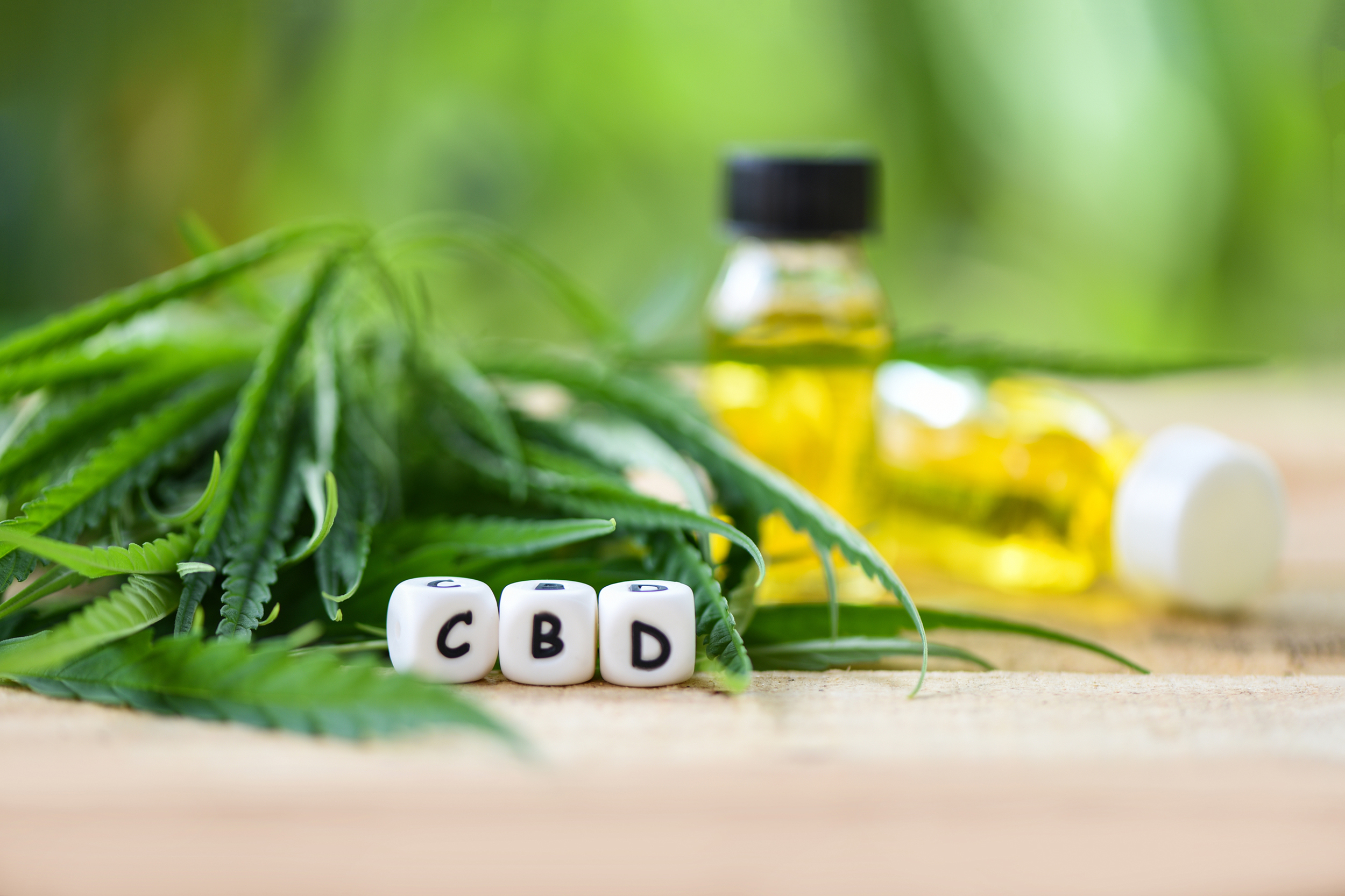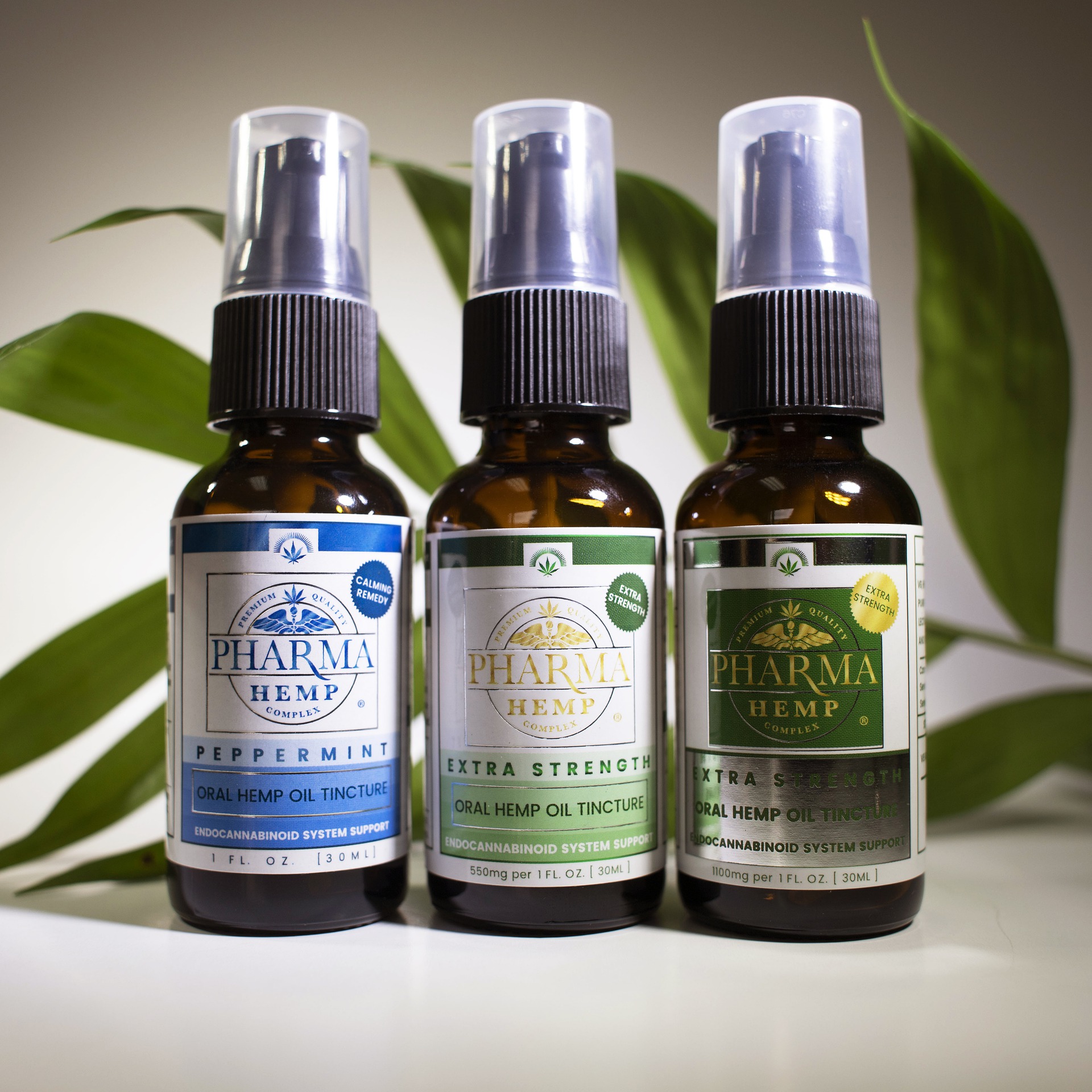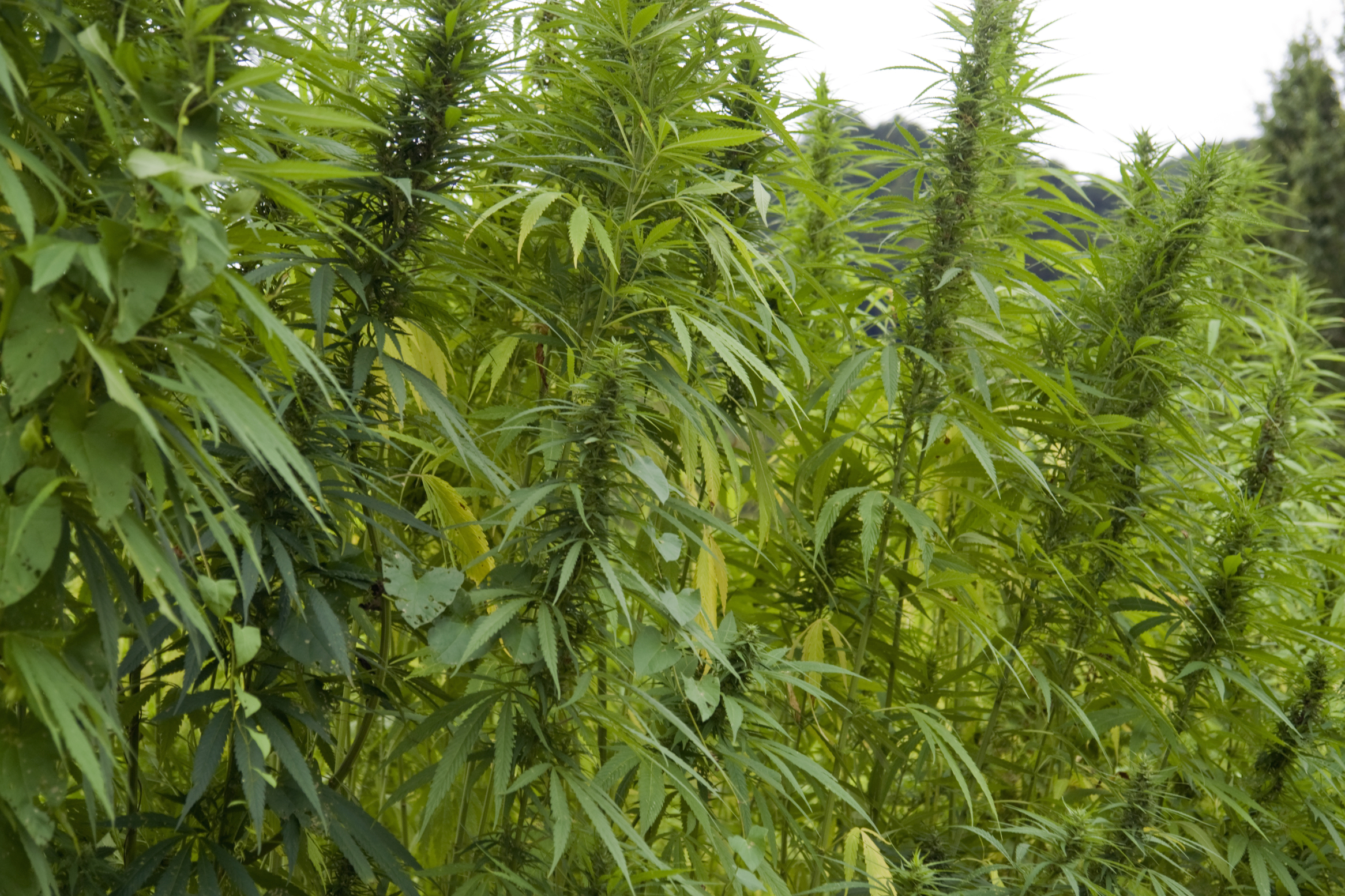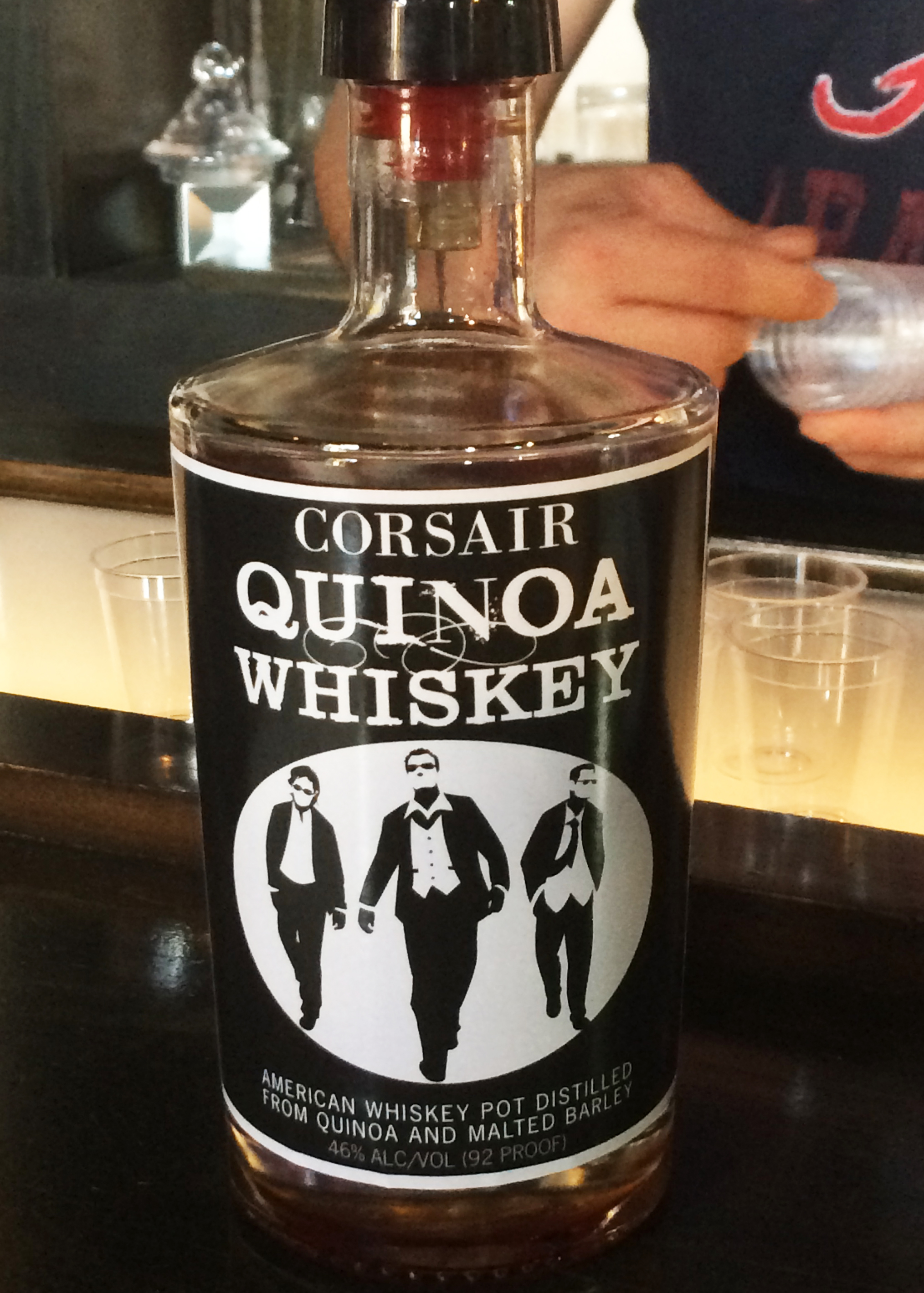The U.S. Department of Agriculture (USDA) recently published its interim final rule on the establishment of a domestic hemp production. The rule establishes a program under which states and tribal nations must submit plans to regulate the production of hemp. Since most people don’t enjoy reading more than 150-pages of regulatory jargon, we’ve highlighted some of the important information you may be interested in below.
How do state programs get approved?
State or tribal nations seeking primary regulatory authority over its respective hemp program, may now begin submitting plans for approval. The USDA will approve or deny proposed plans within 60 calendar days. If a State or tribal plan is revoked, producers in that jurisdiction can take shelter under the revoked plan for the remainder of the calendar year and will have a 90-day window to apply for a hemp producer’s license under the USDA plan.
What if your state doesn’t submit a plan?
For producers located in a state or tribal nation that do not submit a plan, they will be subject to USDA’s plan. These producers may submit an application for a hemp producer’s license starting on November 30 and ending on October 31, 2020. In subsequent years, the annual application period will be from August 1 to October 31. To apply, an applicant must provide contact information, a legal description of the hemp producer’s lot, a criminal history report and other information as may be requested.
What are the testing requirements?
A representative sample of the hemp must be physically collected and delivered to a DEA-registered laboratory for testing. The rule also requires a Federal, state, local or Tribal law enforcement agency (or designated official) to collect samples from the flower material from the plant and test for THC concentration within 15 days prior to the anticipated harvest.
What are the “acceptable” THC levels?
Plans must also include procedures for sampling and testing hemp to ensure it does not exceed an acceptable THC level. The rule considers products compliant as long as 0.3% THC or below is within the product’s distribution or range. The rule does include some wiggle room in the THC calculation. The distribution or range is calculated by its percentage of THC +/- its “measurement of uncertainty.” For example, hemp that contains .34% THC but has a +/-.05 measure of uncertainty based on the testing method has a distribution or range of .29% to .39%. Because .3% THC is within this range, the USDA would consider this product compliant.
THC levels above acceptable range
Plans that do not meet the “acceptable hemp THC level” must be disposed of in accordance with DEA regulations. This means the product must be collected by an authorized person and destroyed by a DEA-registered reverse distributor. The producer must then send documentation to the USDA confirming the product’s disposal. Hemp producers will automatically receive a negligence violation if their product contains more than 0.5% THC. Moreover, if any producer receives 3 negligence violations in a five-year period, the producer will be banned from hemp production for 5 years.
Producer reporting requirements
All producers must report all addresses and locations where hemp will be grown, including indoor growing facilities, along with the acreage of that land. Annual reports must be submitted by December 15 each year, which provides certain producer information, land information and test result reports.
Transportation of hemp across state lines
On a Federal level there are no restrictions. Under the rule, states and tribal nations cannot place restrictions on the ability for compliant hemp product to cross their respective borders lines. However, certain state and local law enforcement agencies have taken a different view, stopping and seizing hemp shipments discovered in their jurisdictions. For example, the Idaho State Police seized a shipment of over 7,000 lbs of industrial hemp traveling from Oregon to Colorado and the West Virginia State Police seized a hemp shipment destined for Pennsylvania.
Until state laws catch up with federal law, interstate transport of hemp remains a fundamental risk with real business implications to hemp producers and their customers. Re-routing shipments to avoid certain states adds to costs and, if delayed, may lead to spoilage and financial loss. Some ways to mitigate risk mat be providing truckers transporting hemp: (1) a lab certificate attesting to 0.3% or below THC content levels to eliminate confusion between hemp and illegal cannabis; and (2) a copy of the hemp cultivation license issued under the state, tribe, USDA plan, or the 2014 Farm Bill to dispel doubts regarding the lawfulness of the production.
If your business has questions regarding hemp compliance, please contact our attorneys at Morsel Law to set up a free initial consultation.


